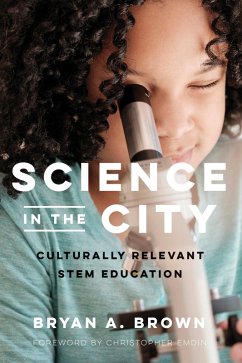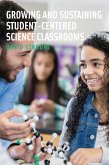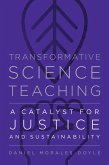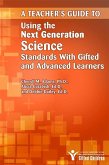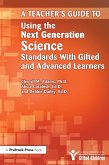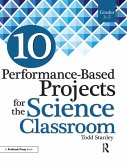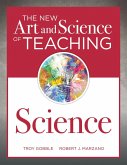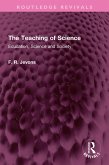2021 Outstanding Book Award, American Association of Colleges for Teacher Education (AACTE) Science in the City examines how language and culture matter for effective science teaching. Author Bryan A. Brown argues that, given the realities of our multilingual and multicultural society, teachers must truly understand how issues of culture intersect with the fundamental principles of learning. This book links an exploration of contemporary research on urban science teaching to a more generative instructional approach in which students develop mastery by discussing science in culturally meaningful ways. The book starts with a trenchant analysis of the "black tax," a double standard at work in science language and classrooms that forces students of color to appropriate and express their science knowledge solely in ways that accord with the dominant culture and knowledge regime. Because we are in an interactive, multimedia world, the author also posits the necessity of applying what is known about best practices in science teaching to best practices in technology. The book then turns to instruction, illustrating how science education can flourish if it is connected to students' backgrounds, identities, language, and culture. In this empowered-and inclusive-form of science classroom, the role of narrative is key: educators use stories and anecdotes to induct students into the realm of scientific thinking; introduce big ideas in easy, familiar terms; and prioritize explanation over mastery of symbolic systems. The result is a classroom that showcases how the use of more familiar, culturally relevant modes of communication can pave the way for improved science learning.
Dieser Download kann aus rechtlichen Gründen nur mit Rechnungsadresse in A, D ausgeliefert werden.

